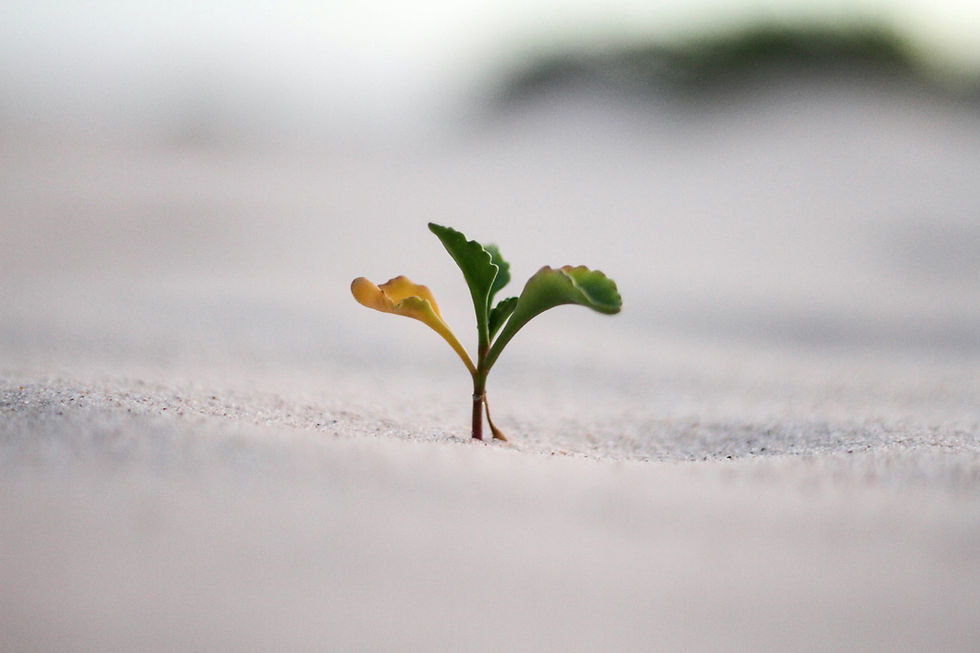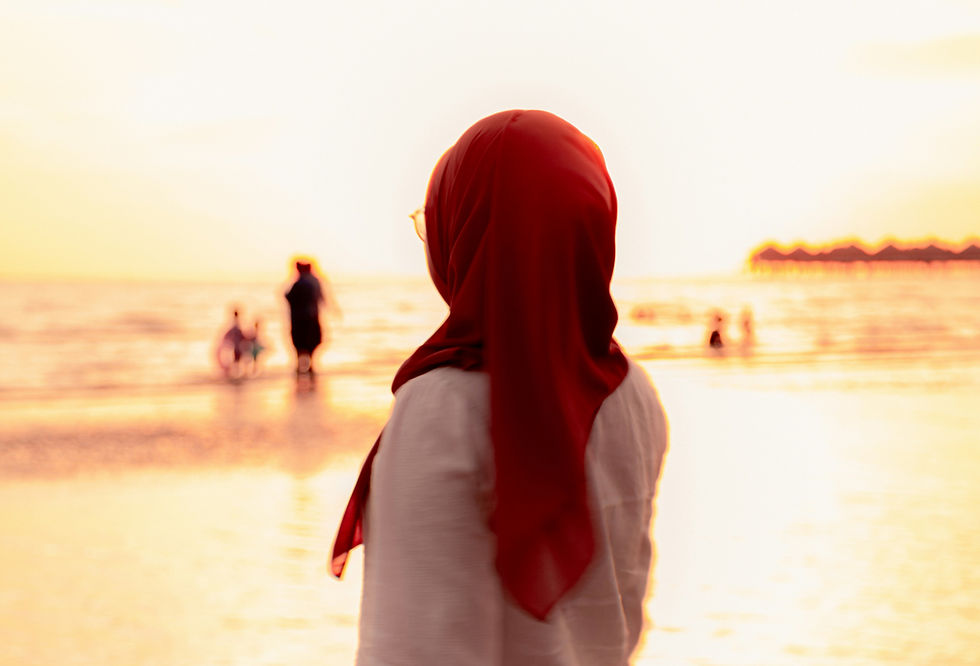Feeding the Hungry: LIFE’s Udhiya Distributions Combat Global Food Insecurity
- ajoyce140
- Jun 28, 2024
- 4 min read

Most people in North America nowadays enjoy meat as a part of their regular diets. However, meat, up until recent centuries, was considered a luxury that many could not afford. This is still true for millions of people all over the world who are either facing food insecurity or barely having enough to get by. This hearty, delicious dish is not something they easily come by.
The Tradition of Udhiya
Udhiya, also known as Qurbani, is one way in which less fortunate people can delight in their favorite meat dishes and enjoy some dense ancestral nutrition. Udhiya is a practice done by billions of Muslims all over the world in which an animal (either sheep, goat, or cow) is sacrificed and then distributed. The meat is divided into three parts: one-third for the family, one-third for friends and neighbors, and one-third for those in need. This event occurs on the 10th, 11th, or 12th day of Dhu al-Hijjah, the last month of the Islamic calendar. The act of sharing is indicative of the values of generosity and community in the Muslim religion.
This time is known as Eid al-Adha, the Festival of Sacrifice. This tradition commemorates the willingness of Prophet Ibrahim (Abraham) to make a great sacrifice, which became a symbol of dedication, community support, and charity.
Our Shared Humanity
Udhiya is not just for Muslims, anyone from any religion can donate meat and anyone can receive it. In fact, it is encouraged to give to whoever is most in need as a part of the Islamic belief, which really is universal, to help your neighbor. In this way, the holiday celebrates our shared humanity and compassion.
Benefits of Eid Al Adha
The benefits of this practice include a time for individuals to reflect on their values, dedication, and willingness to make sacrifices in their lives for the greater good. The holiday encourages community bonding, strengthening community ties with people from all walks of life. It also addresses food insecurity by providing nourishment to many families in need.
Addressing Global Food Insecurity
Conflict, economic shocks, climate extremes, and soaring fertilizer prices are driving an unprecedented food crisis, with 309 million people facing chronic hunger across 72 countries. The scale of the crisis is staggering, with over 42.3 million people at emergency levels of hunger and more than 1.1 million on the brink of famine, particularly in Gaza, South Sudan, and Mali.
Meat is considered a superior food because of its complete protein profile, rich essential nutrients, and healthy fats. This makes meat an ideal food to give to those facing food insecurity or famine. It provides all nine essential amino acids, making it highly bioavailable for muscle repair and immune function. Meat is also an excellent source of B vitamins, particularly B12, and essential minerals like iron and zinc. Its energy density makes it ideal for those needing more calories and nutrients. Providing meat to those who are food insecure can significantly combat malnutrition, offering critical nutritional support and promoting overall health and well-being.
LIFE’s Efforts
This year, Life for Relief and Development (LIFE) provided people with the opportunity to donate fresh meat to those who are less fortunate globally. LIFE performed Udhiya in 34 countries, including:
● Afghanistan
● Bangladesh
● Bosnia
● Djibouti
● Egypt
● Gambia
● Gaza (canned meat)
○ Fresh meat is currently being canned and prepared for distribution
● Ghana
● India
● Indonesia
● Iraq
● Ivory Coast
● Jordan
● Kenya
● Lebanon
● Mali
● Mauritania
● Myanmar
● Nigeria
● Pakistan
● Senegal
● Sierra Leone
● Somalia
● Somaliland
● Sri Lanka
● Sudan
● Syria
● Tanzania
● Togo
● Turkey
● Uganda
● USA
● West Bank
● Yemen
A Note on Our Meat Distribution in Gaza
Our meat is always fresh; however, due to distribution restrictions in Gaza, LIFE is in the process of canning fresh meat which will then be distributed to beneficiaries within the border. The canning process allows for a longer shelf life. As a result, more people can benefit for extended periods, and we have additional time to navigate border crossings and logistics.
Recipients Express Their Gratitude
"Receiving this meat means my children can have a nutritious meal after so many days of struggling. It's a blessing beyond words." - Amina, a mother of three in Afghanistan.
"I am so grateful for this gift. It has brought joy to my family and reminded us that we are not forgotten." - Mariam, a resident of Sierra Leone
"This meat donation has lifted a huge burden off my shoulders. Now, I can provide my family with the nutrition they need to stay healthy and strong." - Ibrahim, a father in Nigeria
Thank You for Making This Possible
We want to thank our donors, staff, and partners for making this incredible global project possible. If you missed it this year, you could join us next year as we intend to expand our reach and continue this uplifting and impactful project. You don’t have to wait for the next season to get involved, you can support struggling and hungry families all over the world today by donating to our other projects that address food insecurity like Refugee Assistance, Family Assistance, and specific country targeted projects like Gaza Relief, Iraq Relief, and Syria Relief.

Photo of a young boy ecstatic that he received fresh meat from LIFE in Afghanistan.

Photo of an older gentleman smiling at the camera as he receives his share of fresh meat at the LIFE distribution in Afghanistan.

Photo of a woman smiling at a LIFE team member as he gives her fresh meat from the LIFE distribution in Myanmar.

Photo of a group of women who received fresh meat at the Sierra Leone distribution.

Photo of a man smiling as he receives fresh meat from a LIFE team member at the LIFE distribution in Nigeria.










